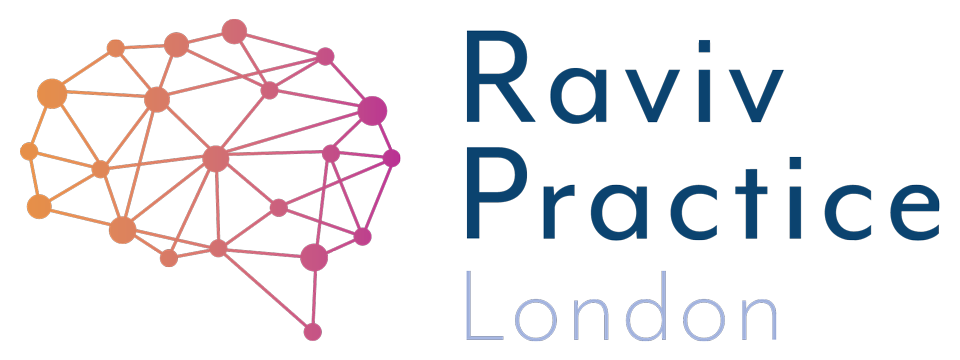Maths - amazing tools for helping with problem solving
Maths can be a tricky subject for children to master. Problem solving can be the hardest of challenges for many children. Even those predisposed with amazing abilities to remember and retrieve maths facts can struggle.
Parents of children with great memories are flummoxed as to why the information that is so easily available cannot be applied. It is puzzling, isn’t it?
A child can be so brilliant with mathematical information yet their abilities do not extend to flexible thoughts. Here lies the key, flexible thoughts and the ability to match words with mathematical facts.
Examples: Year 1 maths questions.
1. Lisa is 130cm tall. Nina is 5cm shorter than Lisa. How tall is Nina?
2. Line segment A is 120 cm long. Line segment B is 95 cm long. How much shorter is line segment B than A
Each question requires the child to remember facts and organise their thoughts. This ordering is of prime importance in problem solving.
Language structure and sequence in organising one’s thoughts.
We need to have developed the skill of organising our thoughts long before we need it for solving maths problems. It starts with talking and reading. Take the example below (taken from our language programme Fast ForWord. ) Which of the four statements matches the picture? You have to think don’t you? It is the same sort of organised thinking as the questions above, and if you had difficulty with them then you will probably have difficulties with finding the right statement too.
What do you see?
This sort of difficulty can be grouped under one umbrella ‘ language based difficulties.’ Children with language-based difficulties can also have a hard time learning to tell the time when using an analogue clock.
What other sorts obstacles are there and where does your child need the help when problem solving? Answer the following questions to find out:
1. Can your child retrieve maths facts?
Being able to workout or retrieve maths facts requires a skill of using both memory and retrieval. That is a lot of activity required in one action. This type of activity calls upon working memory.
Eliminating or establishing if ‘working memory’ is a concern can be worked out by answering this simple questionnaire
2. Can your child organise things into order in a logical way?
Organising requires pre-maths skill. Being able to order the days of the week or the months of the year information, alphabetically ordering words or things in numerical order is a skill that can be developed with practise.
3. Language - how are listening skills? How are talking skills?
When a child gets confused with understanding what is being said, or expressing what they want to say, they may not be processing information in the proper way. Look out for jumbled ideas and help them find the key point of what they want to say or talk about.
4. Visual tracking
When reading the maths problems, does your child skip words or re-read the sentence? When reading a maths question it is so important that they understand the question correctly, so do their eyes guide them properly to each word correctly? Read more on how to help eye fitness here.
Dyslexia? Dyspraxia? ADHD? ASD? Speech & Language? Developmental Delay? Anxiety?
Is every school day a struggle? As a parent, you may feel exhausted and on this journey alone. Each year you see the gap getting wider. You need to do something - change the approach, help your child learn for themselves, find a way to turn this around - to help while you can - do this NOW. the first step is free.
About the Author
Usha Patel is a Neurocognitive Therapist and Director at Raviv Practice London. Parents searching to help their suspected/neurodiverse child can get evidence-based solutions with results in as little as 8 weeks. Those in search of jargon-free help can get started straight away.


